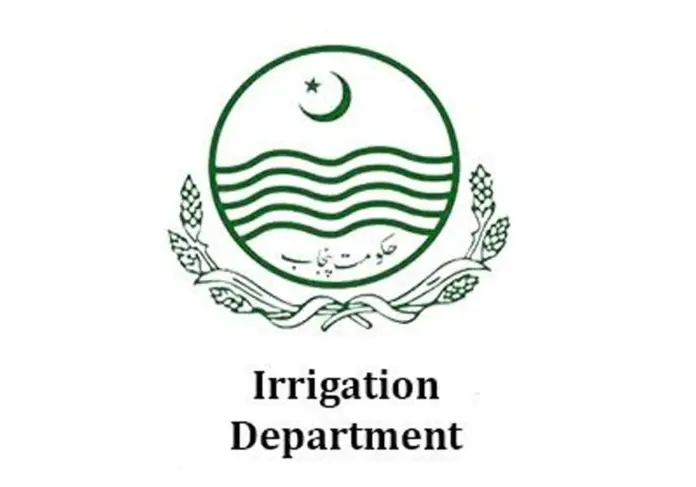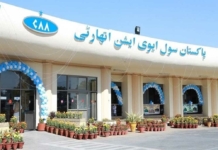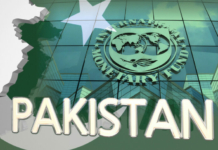As the Punjab government continues to face a financial crunch, several departments are duplicating functions to drain resources.
This duplication of functions is not limited to just a few departments; it is happening in many departments across the province.
When this scribe dug into the issue and talked to senior civil servants it surfaced that different government departments often have overlapping functions when it comes to dealing with certain issues. For example, there is an overlap of functions of the Civil Secretariat and the Chief Minister Office (CMO). Both are parallel bodies functioning the same. CMO should restrict policy making leaving Secretariat to implement. The former also allegedly interferes with confidential transfer postings. CMO directly issues directives bypassing the CS.
This has led to confusion among officials as to who they should take orders from. The need is to restructure CMO and empower the CS.
Likewise, the Departments of Women Development, Population Welfare, Zakat, Human Rights, Labor, and Social Welfare may all deal with the same issues to some degree. The cabinet’s nod to assemble Zakat and Social Welfare departments is a good act.
There is a lack of coordination between different tiers of education. This means that schools, colleges, and universities do not work together to improve the quality of education.
There are several reasons for why education for all tiers of education like higher education, School Education, special education, metropolitan schools, and literacy fail to coordinate.
One reason is that these tiers of education operate within different bureaucracies which have their own goals, funding mechanisms and decision-making processes. They are often resistant to change and are slow to implement reforms.
Finally, there is a lack of leadership which leads to poor coordination and fragmentation in the education system. The need is to place SED, HED, Special education, literacy, and both federal and provincial HECs under one roof.
Likewise, Health, Environment, Transport, Industries, Energy, Mines, and Minerals should also do consolidated efforts to deal with threatening pollution and environmental issues. No synchronization in department functions can lead to companies having to comply with multiple sets of standards, which can be costly and time-consuming.
Astonishingly, Internal Security, Civil Defence, Counter Terrorism, Prisons and Police have not an ideal working relationship. They all should work under the Home Department to achieve goals.
Likewise, a lack of coordination among agriculture, food, livestock, and irrigation departments may lead to low production in Pakistan. Instead of appointing an additional chief secretary for the irrigation department there was a need to appoint the ACS for these four departments.
After the establishment of a Secretariat for South Punjab there is no need to continue separate departments. Law and Prosecution departments may also be consolidated as they deal with same issues. Breaking Law department there was no need to create Human Rights department.
Corporation and LESCO run the same street light programs. There is also overlapping in Local government and Housing departments like on the provision of potable water. The Board of Revenue, Punjab land record authority, Punjab revenue authority, excise, and taxation departments also have many overlapping functions. There is no coordination among different provincial and federal agencies like electricity, gas, water supply, sewage and development work bodies to be all-inclusive. They damage public resources.
A senior officer said that Rules of Business also ensure coordinate among different departments. He said that out of bad luck the system was designed for political mileage only.
This is the responsibility of the Planning and Development Board in coordination with the Regulation Wing of the S&GAD to engage the Punjab Information Technology Board and relevant stakeholders for automation, e-governance and ending duplication of functions and ensuring simplification of procedures. If done, this exercise may augment efficiency; reduce undue delays besides cutting extra expenses to the tune of billions of rupees. Only technological solutions may block political interference, drainage of public funds and uphold meritocracy.







